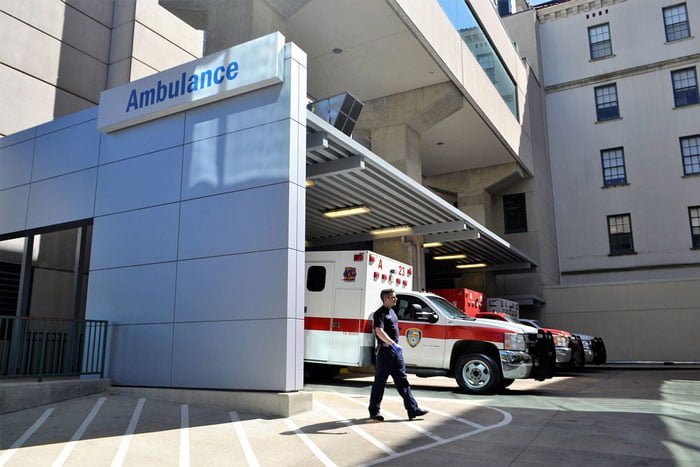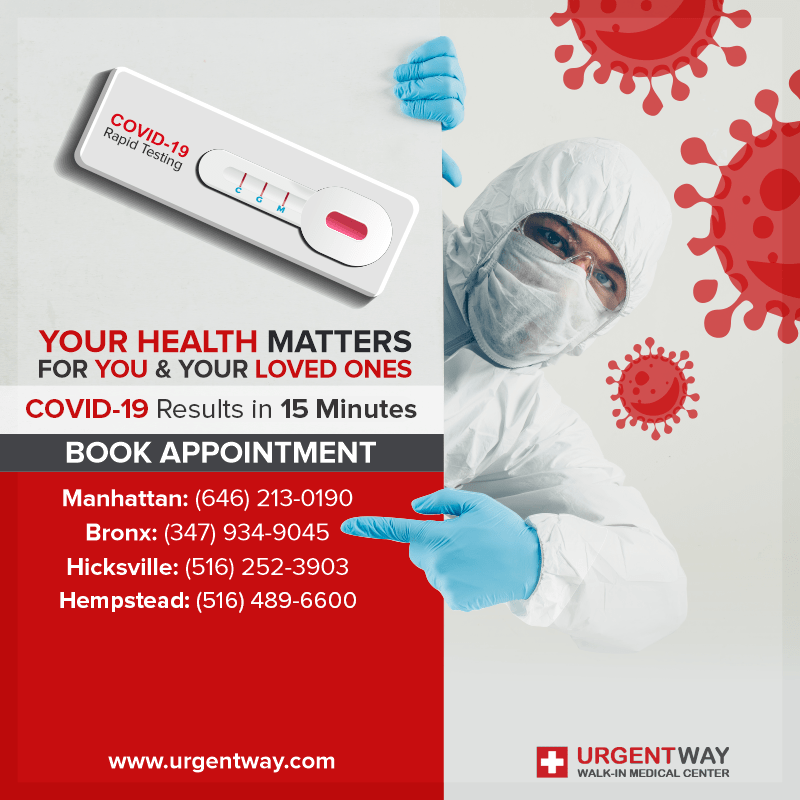In the last decade, more healthcare options have popped onto the scene. And while these medical alternatives are meant to help consumers get the treatment they need when they need it, the abundance of choices has confused many. This in turn has caused people who need care on a weekend or late at night to go with what they know best: a visit to the ER. But, when you visit the ER with a non-life-threatening medical issue, you’re more than likely going to have to wait to be seen for a very long time and leave with an exorbitant bill.
Urgent care and convenient care clinics are a much better alternative to a visit to the emergency room. While they are not meant to entirely replace your primary care physician, they are there to help you when you have a medical need and can’t get in to see your regular doctor.
Convenient Care vs. Urgent Care: What is the Difference?
Convenient Care clinics and Urgent Care clinics are often used instead of an ER or even a primary care physician’s office. However, there is a difference between what these two options offer, and it’s important to understand so you can make the best medical decision when the need arises.
Convenient Care Clinics
Convenient care clinics are often referred to as walk-in clinics and are typically located within a drug store such as CVS or Walgreens. These clinics were initially intended to serve the uninsured or underinsured, providing a more affordable option for basic medical services than a visit to the emergency room or even urgent care center.
Convenient care clinics offer treatment for common, non-life-threatening medical conditions such as sprains, skin rashes, sore throats, and upset stomachs. Here is a typical scenario when a person would use the services of a convenient care clinic:
Your lingering cold has turned into a sinus infection, as you knew it would. You feel unbelievably unwell but can’t miss another day of work. Your doctor doesn’t have an appointment available and counter medications you relied on to get you through your cold just aren’t cutting it anymore. So, you decide to stop into Walgreens and be seen by the nurse practitioner who can prescribe some medications and at-home treatments that will get your head cleared up.
While these clinics are very convenient, as the name would imply, they do have their limitations. For starters, there is generally only one medical provider working in the clinic, and depending on how many people are ahead of you, you may find yourself waiting for some time. Also, convenient care clinics do not have the capability to treat extensive injuries where x-rays or suturing may be necessary. And finally, these clinics cannot treat more complicated illnesses that require more than a simple prescription. In these instances, the provider would most likely refer the patient to an urgent care clinic or an ER, depending on how severe the symptoms are.
Convenient care clinics treat common medical issues, such as:
- Cold and Flu
- Sinus Infections
- Allergies
- Minor injuries, burns, and rashes
- Pinkeye
- Sore throat
- Headaches
- Head lice
- Sprains and strains
- Bronchitis
- Ear infections
- Urinary tract infections
Urgent Care Clinics
Urgent Care clinics are like convenient care clinics but have greatly enhanced capabilities. To start, instead of a nurse practitioner on call, these clinics have doctors and nurses on staff. With this medical expertise and equipment such as labs, x-rays, and CAT scans, urgent care clinics can treat more serious illnesses and injuries. In fact, many people who automatically seek treatment at an ER could have and should have, sought treatment at an urgent care clinic, where the wait time and final bill would have been much less.
Urgent care clinics can offer the same service as primary care doctors but are open 7 days a week and usually late into the night. The staff at urgent care clinics can do everything from suture wounds, set broken bones, test blood, and give vaccinations. Many offer physical exams for sports and immigration and blood tests for employment screenings.
And the best part is, urgent care centers do not require an appointment. While it may take you two weeks to see your doctor, you can simply walk into your local urgent care clinic and be seen within minutes (on average 15 to 20).
In short, urgent care clinics can offer everything a convenient care clinic can and more, and can also match the services your doctor offers. If it’s a weekend or evening hour, your best bet is to seek treatment at one of these clinics. Only those with life-threatening illnesses should seek treatment from an emergency room.
What are some examples of symptoms or illnesses that require emergency medical care?
- Severe chest pain or difficulty breathing
- Compound fracture (bone protrudes through the skin)
- Convulsions, seizures, or loss of consciousness
- Fever in newborn (less than 3 months old)
- Heavy, uncontrollable bleeding
- Deep knife wounds or gunshot wounds
- Moderate to severe burns
- Poisoning
- Serious head, neck, or back injury
- Pregnancy-related problems
- Severe abdominal pain
- (Signs of) Heart attack (i.e.. chest pain lasting longer than two minutes)
- (Signs of)Stroke (e.g. loss of vision, sudden numbness, weakness, slurred speech, or confusion)
UrgentWay is open extended hours and weekends, with locations in Hempstead, Brooklyn, Queens, Staten Island, Hicksville, and the Bronx. We accept most insurance plans, including worker’s compensation, private insurance, Medicaid, and Medicare, but also welcome those without insurance. We always do our best to offer the most affordable rates and payment options to our patients.
Feel free to stop into any one of our locations, or call and speak with one of our staff.


